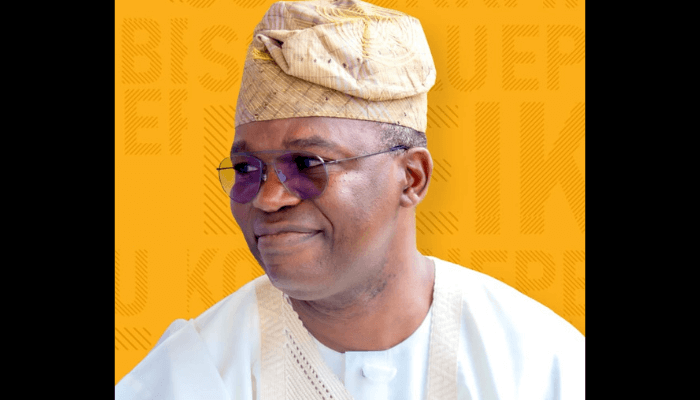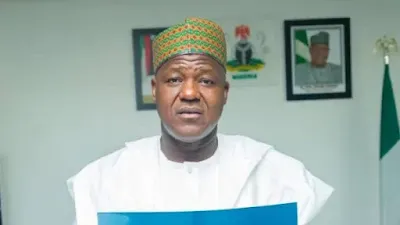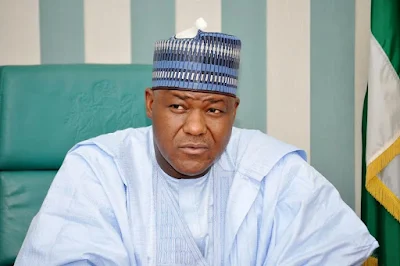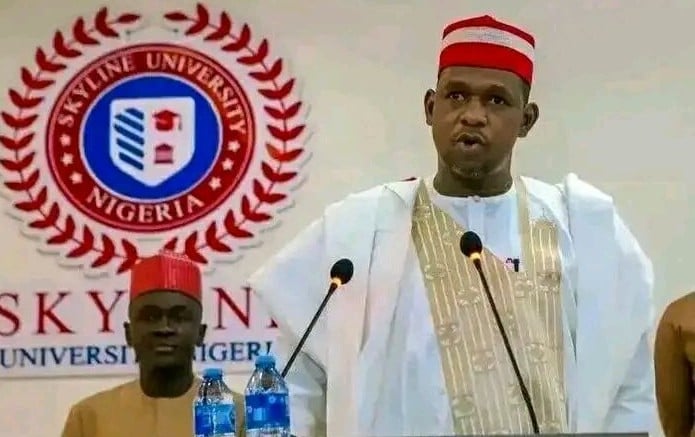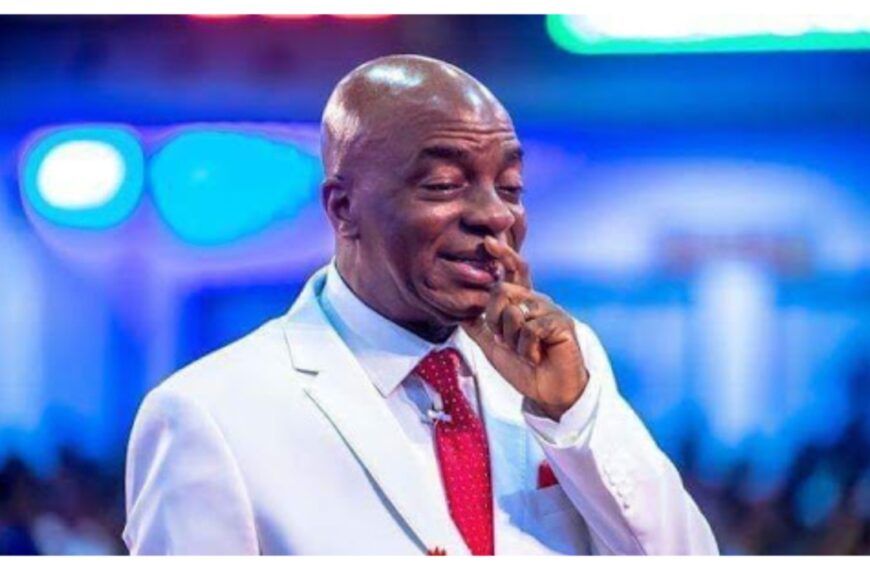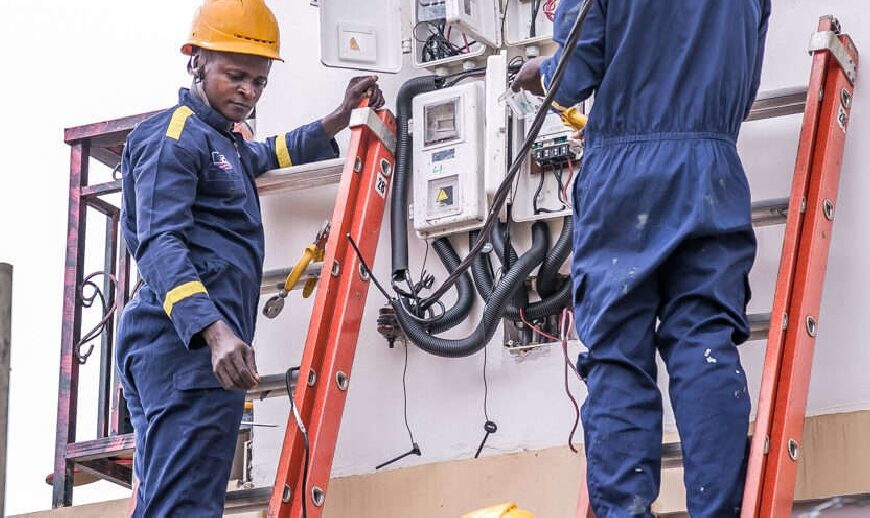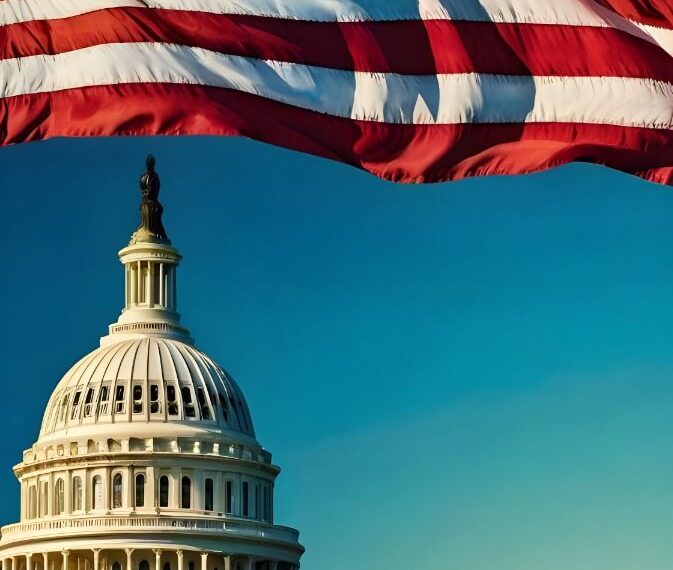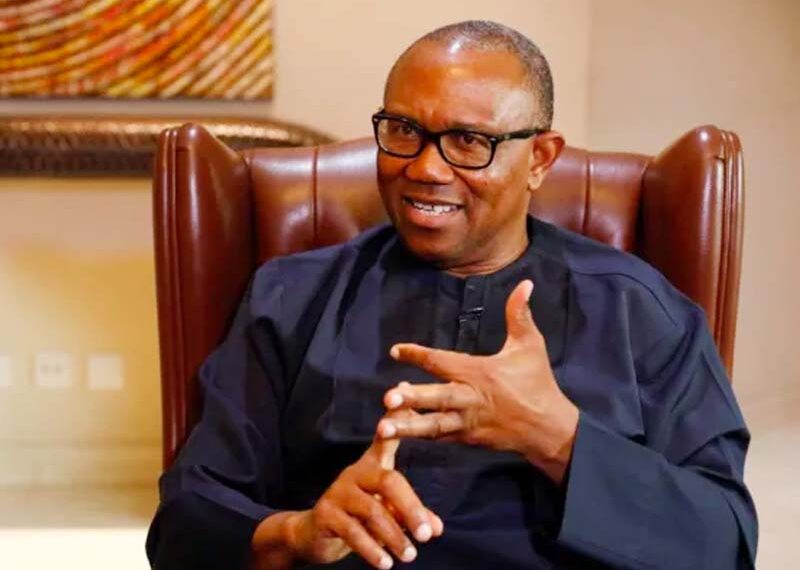Overview

A pivotal moment has emerged in the protracted legal saga of Nnamdi Kanu, leader of the proscribed Indigenous People of Biafra (IPOB). The Federal High Court of Nigeria in Abuja, presided over by Justice James Omotosho, has issued a final warning: Kanu risks losing his right to defend himself in his terrorism‑related trial if he does not open his defence by 5 November 2025.
Key Facts
- Kanu faces seven charges including alleged terrorism and false broadcasting, linked to his advocacy for southeastern Nigeria’s secession.
- The prosecution’s case has concluded, and the court has rejected Kanu’s no‑case submission, meaning there is a prima facie case for him to answer.
- Kanu has dismissed his legal team and opted to represent himself. On the latest hearing, he declined to file a written final address or open his defence, instead submitting a motion and affidavit contesting the legitimacy of the charge.
- The court warned that if Kanu fails to open his defence on the set date, it will treat the right to defence as waived, potentially striking out his defence and proceeding to judgment.
Why This Matters
- Right to defence – At stake is a fundamental tenet of fair trial: the accused’s ability to mount a defence. The warning signals that the court is ready to advance proceedings even in the absence of that defence.
- Procedural fairness and speed – The trial has been drawn out with multiple adjournments and delays. The court’s warning reflects a push for closure and avoidance of indefinite delay.
- Political and regional implications – Kanu is a highly polarising figure in Nigeria’s southeast. The trial has major ramifications beyond the courtroom, affecting secessionist dynamics, ethnic tensions, and government credibility.
- Precedent for terrorism trials – The handling of this case may set a benchmark for how terrorism‑related prosecutions are conducted in Nigeria, influencing timelines, rights of defendants, self-representation, and the invocation of national security laws.
What’s Next
- The next appearance is scheduled for 5 November 2025, when Kanu must either open his defence or be deemed to have abandoned it.
- If Kanu fails to act, the court may proceed to judgment based solely on the prosecution’s case.
- This could dramatically speed up a verdict, pending potential appeals.
- Observers will watch whether Kanu resumes legal representation, whether his self-representation strategy continues, and how the court handles his arguments on jurisdiction, extradition, and the legality of charges.
Key Questions & Risks
- Why is Kanu refusing to defend? He maintains there is “no valid charge known to any extant law” against him.
- Will the court’s warning be seen as fair? Critics may argue that rushing the defence undermines rights, while supporters argue delay has gone too far.
- What happens if the defence is struck? Significant political fallout, protests from IPOB supporters, and appeals to higher courts are likely.
- Could this affect future trials? Yes — the precedent may influence how courts deal with self-represented defendants in terrorism cases and how quickly trials move.
Conclusion
The courtroom drama surrounding Nnamdi Kanu has entered a decisive phase. With the court’s warning that he faces losing his right to mount a defence, the trajectory of the trial may shift rapidly. For Kanu and his supporters, the stakes are not merely legal but profoundly political. For the Nigerian judiciary, this represents a moment of reckoning: balancing the rights of the accused with the demands of justice, timeliness, and national security.

